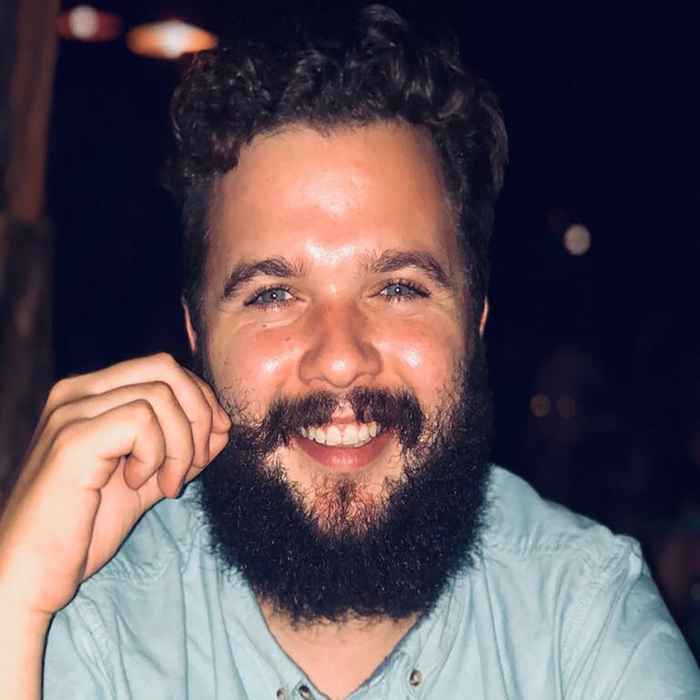Steven Voges (BSc Psychology with Neuroscience)
Track Behavioural Neuroscience (2017 - 2019)

Why did you want to study this master/What do you think makes this master special?
After getting a taste for molecular techniques during my bachelor’s degree I decided I wanted to learn more about the molecular and cellular mechanisms of cognition. However, I found that many neuroscience programs focus too much on single cells and completely lack a big picture focus. This really drove me towards the interdisciplinarity of Brain and Cognitive Sciences. Here you have an opportunity to dive deep into your subject of choice but you are always forced to keep the bigger picture of cognition in mind. For me it was the perfect choice. Further, the students in the master really make a difference. The admissions board really works hard to find students with not only the right credentials but also an interdisciplinary mind set. This really contributes to the quality of discussions and interactions in the programme.
What did you expect from this master and were these expectations met?
I expected the master to help prepare me for a PhD in neuroscience. I wanted to learn about new and exciting techniques as well as learn theoretical insights into the field from experts. The programme has really fulfilled these expectations, I have had the opportunity to learn a lot about how to use state of the art techniques in order to ask complex questions in neuroscience while simultaneously having lectures from world class professors in small group settings.
What are your plans for your research project or what research project did you do?
My first research project was at the Netherlands Institute for Neuroscience in Professor Christian Keyser’s Social Brain Lab, where I worked on unravelling the neuronal basis of empathy using chemo genetic neuromodulation tools in order to find the causal mechanisms of empathic behaviour in rodents.
What are your career plans?
After the master’s I will continue on in the Social Brain Lab as a PhD researcher which will cover the next 4 years of my life. After that I would like continue in academia but also begin working on developing a charity to help people from the Dutch Caribbean (where I’m from) get more support and access to STEM careers.
Could you please describe a typical week at this master’s for us?
During course times my weeks are usually quite hectic. For example, while I was taking my Matlab programming course I would have practicals in the mornings, lectures after lunch followed by more practicals in the afternoon. Practicals would focus on using the matlab programming language to analyse different types of neuronal data while lectures would focus on different types of analyses and theoretical approaches to neuronal data. My favourite lectures were on in fourier analysis and information theory. I would then have to prepare one assignment for the end of the week as well as sometimes a short presentation to go along with it. On top of this I am also quite involved in extracurricular activities, so I might also have a meeting with the programme committee to discuss the most recent course reviews and how we can improve the programme further, a meeting with the Cognito (our master’s student union) board to plan new events for all the master’s students, or a meeting with the ABC Journal on what papers we were reviewing for our next issue. Most importantly of course is to meet up with fellow students on Tuesday nights for our weekly drinks where we discuss all the interesting things we are working on and relax a little bit.